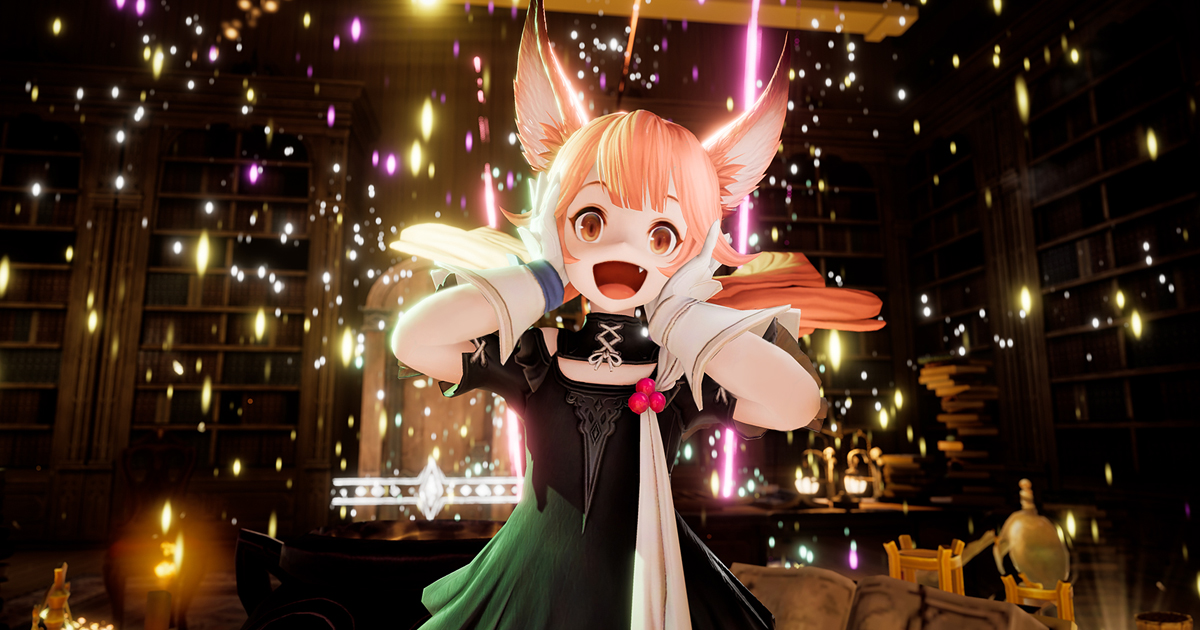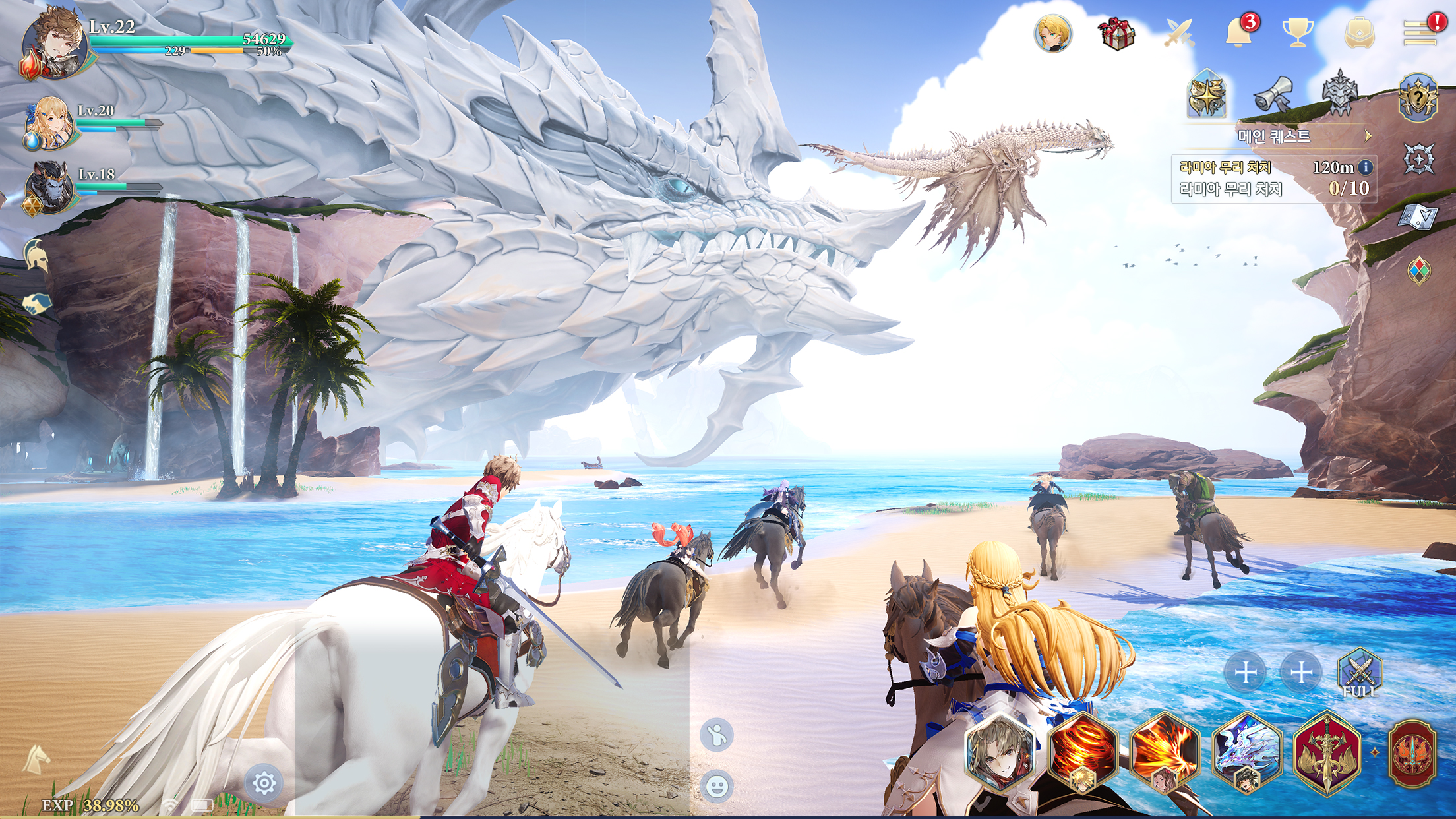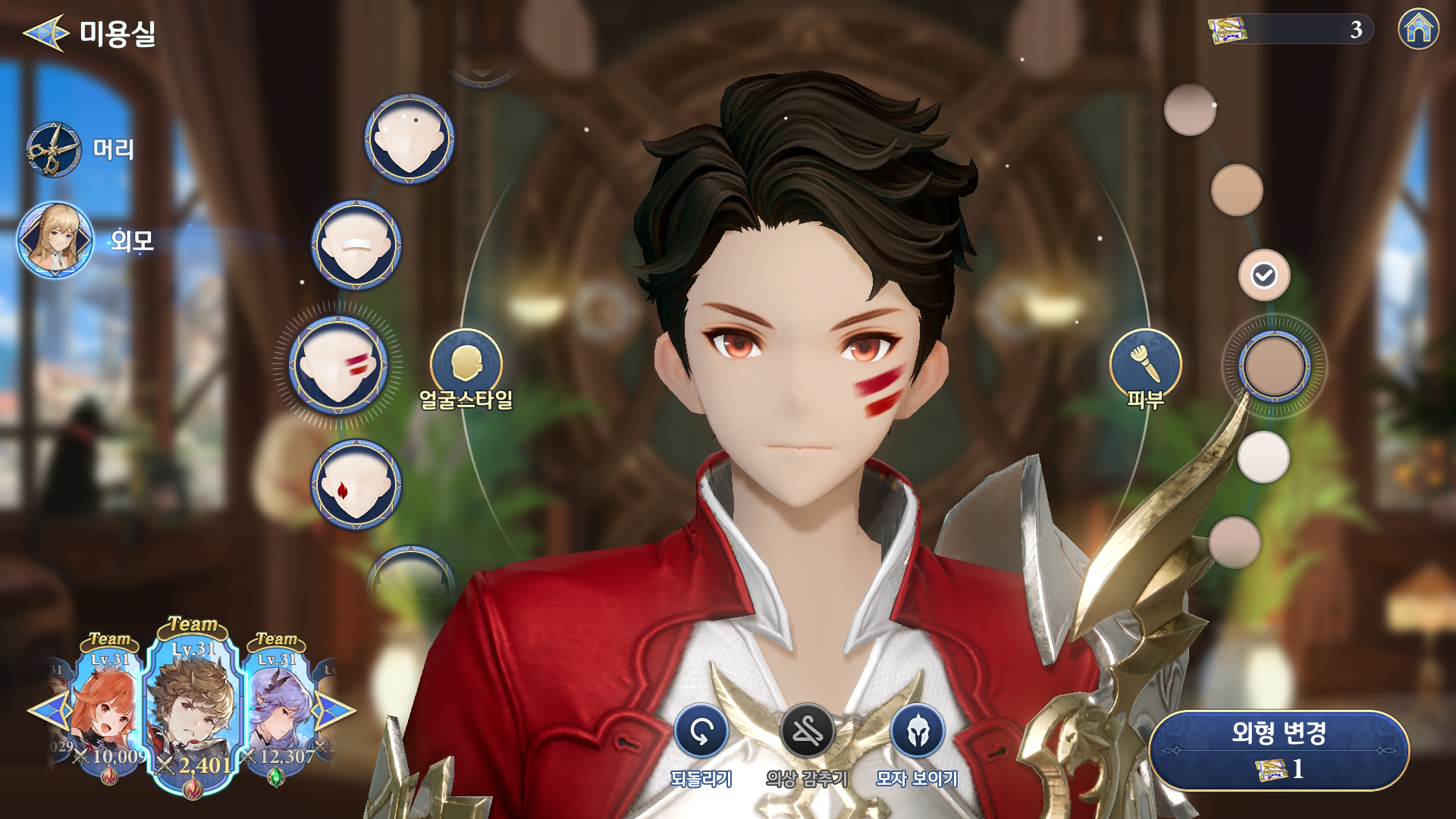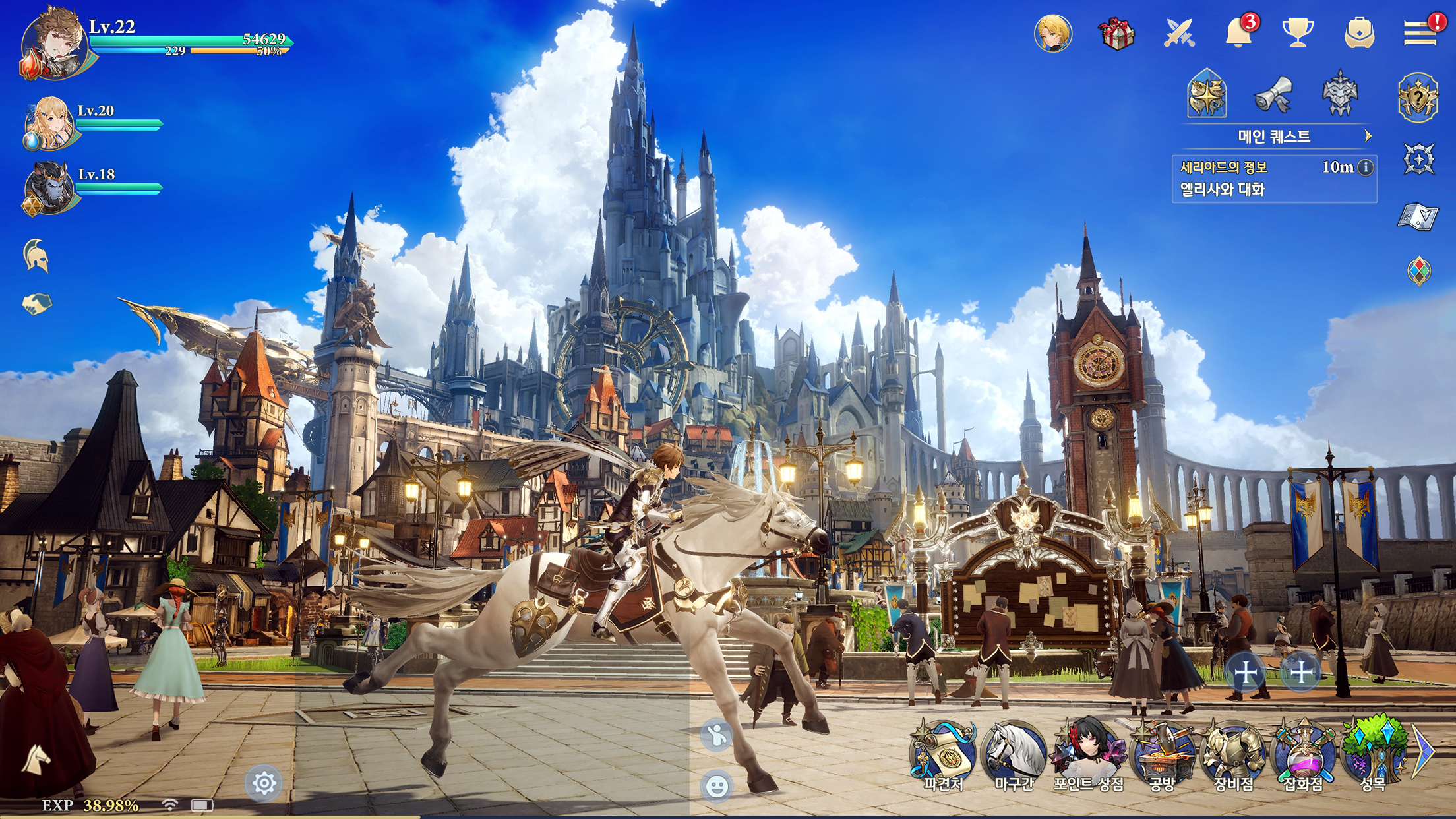In light of the upcoming release of the MMORPG Gran Saga, we had the chance to speak with the game developer — the South Korean team NPIXEL — about the country's domestic market and what's currently happening there.
Gran Saga
Alexander Semenov, App2Top: Hi! For starters, could you tell us a bit about yourself? What do you do at NPIXEL?
Kim Min-gil
Kim Min-gil, NPIXEL: Hello! I am the Head of Business Department, but I oversee all areas of activity at NPIXEL — from business to marketing. I work on improving the user experience both in the company's games and beyond.
Before we dive into the situation in the South Korean market, could you share which projects NPIXEL is currently working on?
Kim Min-gil: Currently, NPIXEL is working on the global release of Gran Saga. The launch is scheduled for this year. Additionally, the company is developing a number of new games, including a new hyper-realistic MMORPG called Eclipse.
Excellent. Now let's discuss the gaming market in South Korea. What is it like today? What would you highlight first when talking about it?
Kim Min-gil: Since the end of 2023, incremental games — clickers, for instance — have rapidly been taking over the Korean market, proving to be more popular than ever. However, MMORPG projects remain in demand thanks to a large core audience. As new games are released, new genres are appearing in the charts.
Gran Saga
So the claim that "the South Korean gaming market primarily revolves around MMORPGs" still holds true?
Kim Min-gil: Recently, various game genres in the country are showing strong performance. However, in my opinion, the MMORPG genre continues to lead the charts. It remains one of Korea's most competitive genres.
In this context, are there any particular challenges that developers in South Korea are facing?
Kim Min-gil: I don't think there are any specific problems or challenges. Like everywhere else, developers need to respond quickly to the rapidly changing market conditions to successfully develop projects.
Gran Saga
From an outsider's perspective, it seems the South Korean video game industry has always focused on producing free-to-play titles. Is this trend changing?
Kim Min-gil: It's important to note that games with such monetization systems are often released specifically for mobile devices. As for changes, recently, games of other formats like Lies of P and Stellar Blade have been successful. At NPIXEL, we are also developing high-quality console games with different monetization systems, such as Chrono Odyssey.
By the way, you touched on the mobile market. Is it still as fragmented in South Korea as it was eight to nine years ago?
Kim Min-gil: Unlike about 10 years ago, the Korean gaming industry has consolidated around several leading platforms for mobile games. Currently, these include the Apple App Store, Google Play Store, Galaxy Store, and One Store.
Gran Saga
The South Korean gaming industry has always been somewhat insular: with its own peculiarities, focused on the local market. Is this still the case?
Kim Min-gil: That was in the past. I think the Korean market is now less closed. However, I must admit that Korean developers still hold a relatively small share of the western video game market.
Who do Korean game developers look up to these days?
Kim Min-gil: Of course, there are many role models that inspire developers. However, our team at NPIXEL has deep respect for CEOs Jung Hyun-ho and Bae Bong-gun. They have achieved outstanding results in the global gaming market with their previous game, Seven Knights.
Gran Saga
When speaking about Korean games, what do you think unites them? Is there a common cultural code shared among them?
Kim Min-gil: I believe that key elements of Korean games are player cooperation and competition. Hence, the MMORPG genre is especially popular in the Korean market.
In the mid-2010s, I was told that a particularly important stage in promoting games in Korea is pre-registration. Nowadays, this practice is also popular worldwide. Can you share any new practices that are popular in the country?
Kim Min-gil: I think pre-registration remains a crucial stage in the Korean gaming market. As for new trends, I'll note this: five years ago, game advertising targeted only gamers, but now collaborations with non-gaming businesses such as cafes and fast-food chains, as well as advertising campaigns with fashion brands and musical artists, have become more frequent.
Got it. Thank you very much for the interview.






